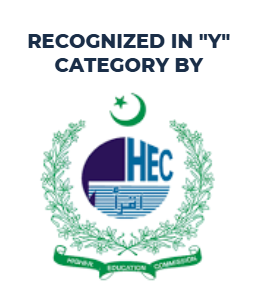The Legal and Regulatory Framework for Cryptocurrency and Fintech in Pakistan: Challenges and Policy Recommendations
DOI:
https://doi.org/10.24312/ucp-jlle.02.01.123Keywords:
Fintech, Cryptocurrency, Blockchain technology, State Bank of Pakistan, Consumer protection, Data privacy, Cybersecurity, Adoption of fintech in PakistanAbstract
Fintech, short for financial technology, refers to the use of technology to improve and automate financial services. It encompasses a wide range of financial activities, including online banking, payment processing, investment management, and lending. Cryptocurrency is a digital or virtual currency that uses cryptography (the process of converting legible information into uncrackable code) for security. It is decentralised and operates independently of a central bank or government. Blockchain technology is a decentralised, distributed ledger that records transactions across many computers in a secure, tamper-proof way. It was originally developed for use in cryptocurrencies but has since been adopted in many other industries for its potential to improve transparency and security in transactions. This article examines the legal and regulatory framework for cryptocurrency and blockchain technology in fintech in Pakistan. The State Bank of Pakistan's stance on fintech and relevant laws and regulations governing the use of cryptocurrency in Pakistan are analysed. The article also explores legal and regulatory issues such as consumer protection, data privacy, and cybersecurity. The challenges faced by fintech companies in navigating the complex regulatory landscape are discussed, and the implications for the future of fintech in Pakistan are considered. The article concludes with recommendations for policymakers and fintech companies in navigating the legal and regulatory landscape.
Downloads
Published
Issue
Section
License
Copyright (c) 2024 UCP Journal of Law & Legal Education

This work is licensed under a Creative Commons Attribution-NonCommercial 4.0 International License.




